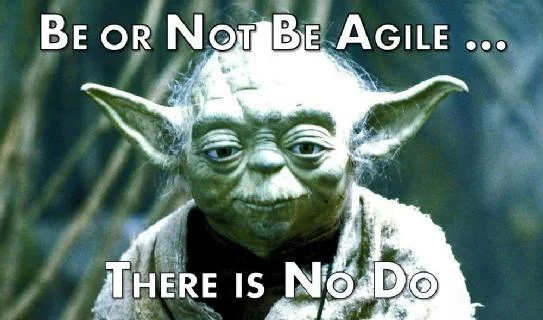There are individuals who have influenced my professional journey significantly. Sometimes, by working with me directly. Other times, by their writing or position in our software community. And other times, simply as a role model.
I've started a segment on my blog called – My Heroes. I’ll post intermittently, perhaps every 1-2 months. But it serves as a reminder to me to be thoughtful and appreciative of the folks who’ve influenced my growth and skills. And of course, they get none of the credit for my many foibles.
The third one up is: Rob Sabourin
Rob is a stalwart in the testing community. He's been talking about software testing for, what seems like, forever. He has a real passion for all aspects of testing. While I've traveled and done similar work to Rob in the software testing arena, I can't hold a candle to the depth, breadth, and real-world applicability of his experience.
He's affiliated with McGill University and has facilitated quite a few research projects over the years. So, he's giving back to students and to our community as well. Sometimes I've wondered how many people have been influenced (for the absolute better) by Rob. I can't even imagine the numbers.
If you've ever attended a talk, workshop or another session format by Rob, a few things always stand out:
- His passion and energy just blows you away;
- His encyclopedic knowledge of the subject matter;
- And his sense of humor, with a unique ability to "connect" with his audience.
all make Rob a unique and valuable gift to our community.
I Am A Bug
In 1999, Rob published a book with his daughter Catherine that explained the craft of software testing to everyone, including children. Years ago I used to buy copies of it as gifts for testers on my teams who had young children.
While I kid with Rob that he really should have written (write) more books, I am a Bug is truly unique and a classic gift to our testing community.
When I "met" him
Around 2001-2 I started working on my first book - Software Endgames. It was later published in 2004. I was new to the community and I was aware of him by his reputation and interests. One of the common interests we had was defect workflows, triage, and generally how to effectively handle bugs in software projects. This was one of the main themes of Software Endgames, so I thought I'd ask Rob to review my manuscript.
While I didn't know him personally at the time, I thought, what the hell, all I could do is ask. So I sent him an email introduction and a copy of the manuscript. He immediately replied and agreed to give me some feedback.
2-3 weeks later I received a VERY detailed, chapter by chapter, review of Software Endgames. It was feedback beyond my expectations and incredibly helpful. Rob also sent me encouragement that the book added value to the community and that lifted my spirits to continue in the books finalization process.
To this day, his incredible generosity in taking the time to help and support a total stranger sticks out to me. He made Software Endgames and me far better for the experience. And the example.
WRAPPING UP
One of the defining aspects of my heroes is that they’ll probably be embarrassed to be categorized in that way. Nonetheless, they are my heroes.
They’ve helped me to become the person, trainer, speaker, and coach that I am today. Whether they’re aware of it or not.
Rob Sabourin, you've shown me what it's like to be a professional. To maintain your energy and passion around doing what you love. You've also been a role model to me. I've learned much by simply watching you work. Not only in front of a class, but as an individual. Your generosity in helping me with my book has stuck with me. And encouraged me to "give back" to folks as much as I can.
But beyond my accolades, I consider you a colleague and, most importantly, a dear friend. It's this that I'm most proud of and humbled by.
I’m incredibly blessed to know you and want you to know that you are my Hero.
Stay agile my friends,
Bob.










